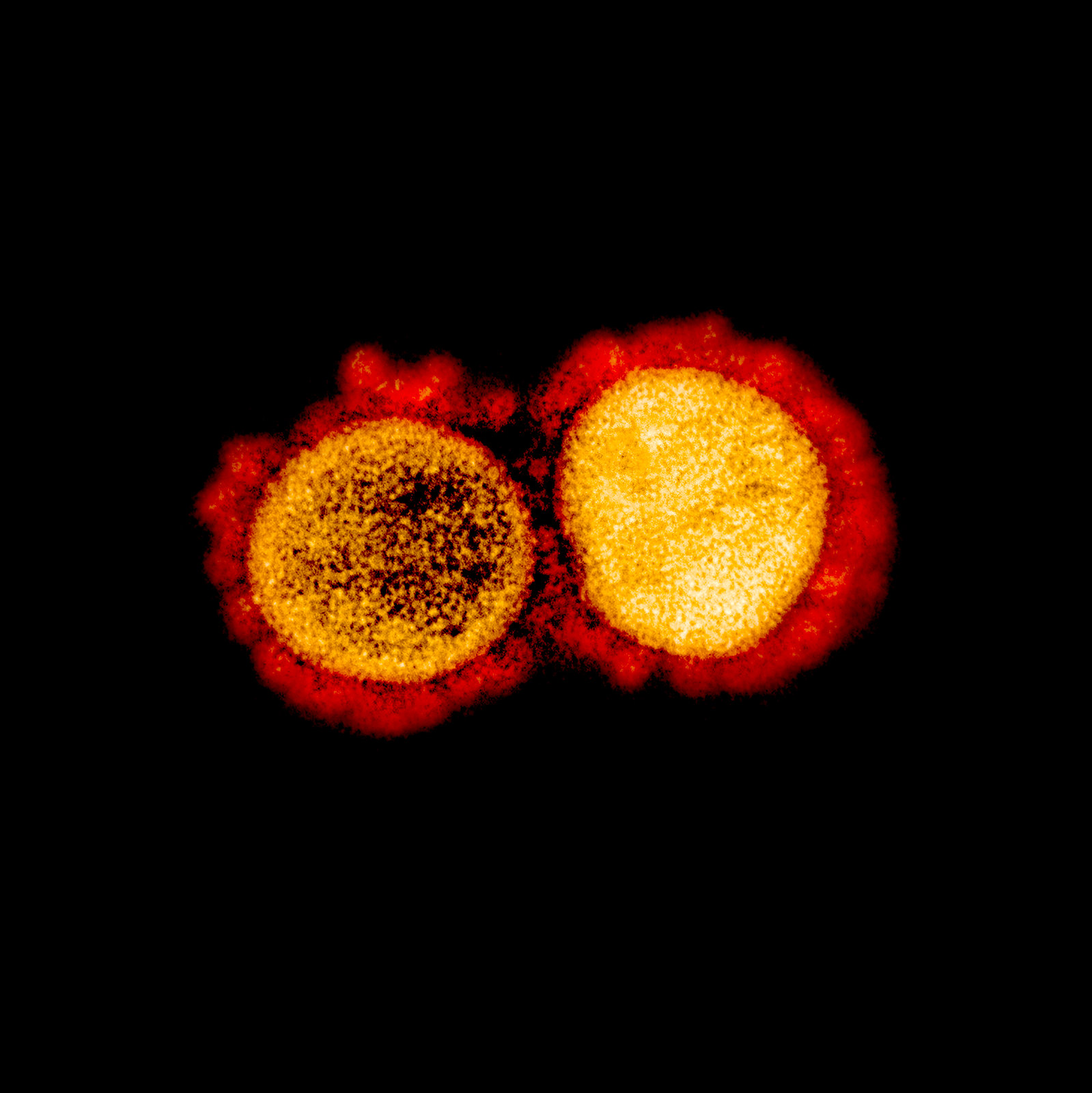No takeover approach, says COVID-19 vaccine developer BioNTech

Germany’s BioNTech has said it has not received any takeover approaches after it began a high-profile coronavirus vaccine trial with Pfizer in Germany, following press reports over the weekend.
Press reports over the weekend suggest the Mainz-based biotech has been contacted by several industry players since the news of the trial emerged.
But the company has reached out to pharmaphorum to clarify it had not received any takeover approach following the newspaper speculation and further reports online.
Shares in BioNTech have been soaring since the announcement on Thursday of the plans to begin the first human trial of a COVID-19 trial in Germany.
The Paul-Ehrlich-Institut (PEI) gave the go-ahead in just four days for the phase 1/2 trial in 200 healthy volunteers, which will test four coronavirus vaccine candidates, which are based on different RNA formats and target different antigens.
The trials are due to start before the end of this month, and the first results should become available around the end of June or early July.
Pfizer licensed rights to BioNTech’s BNT162 vaccine development programme last month.
Two of the vaccines are based on nucleoside modified mRNA (modeRNA), one has a uridine containing mRNA (uRNA) structure and the fourth uses self-amplifying mRNA (saRNA), each formulated in lipid nanoparticles.
Two have the full sequence of the spike (s) protein of SARS-CoV-2, the virus which causes COVID-19, and two use a smaller sequence that BioNTech calls an optimised receptor binding domain (RBD) and is thought to be the most important for stimulating antibody response to the virus.
The trial will enrol 200 volunteers aged 18 to 55 and test a range of vaccine doses from 1 µg to 100 µg, gauging safety and tolerability and how well it stimulates an antibody response, whilst also selecting a dose for further studies.
The phase 2 portion of the study will include subjects with a higher risk for a severe COVID-19 infection, according to the PEI.
(Corrected to clarify there has been no takeover approach)
Feature image courtesy of Rocky Mountain Laboratories/NIH












